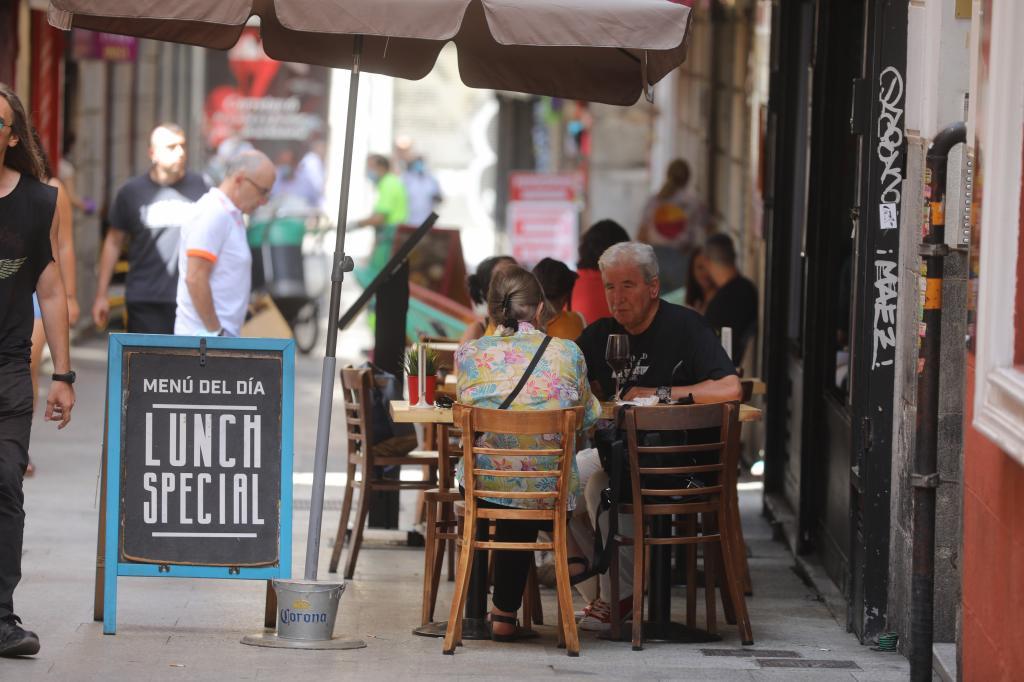Spain will not recover the pre-pandemic figures in relation to international tourism during this summer of 2022, the first without restrictions since 2020. Thus, during the months of July and August, the number of foreign tourists who will visit Spain will reach 90% of the figures collected in 2019. From the Tourism portfolio they explain that this situation refers to the restrictions that still persist on ‘long-haul’ flights and, specifically, to the Chinese and Japanese markets. In this sense, despite the 10.2% increase in the CPI, the Ministry has ruled out that inflation is affecting the recovery in demand.
In 2019, more than 677,000 Japanese tourists came to Spain to enjoy their holidays, while last year, 29,368 did. In the case of China, there were close to 700,000 in 2019 and only 29,131 in 2021, according to the INE.
The Secretary of State for Tourism, Fernando Valdés, has downplayed the situation shown by the Asian market, assuring that “with the recovery we are seeing, it can be said that finally, after two years, international tourists have returned to Spain “.
The tourist profile that shows a greater interest in Spain, compared to the 2019 data, are travelers with greater purchasing power, which has translated into 25% more reservations for trips in premium cabins in the pre-pandemic period.
Regarding national tourism, the Ministry has confirmed that this will continue to mark the same ascending line that it has shown in recent years. “The national traveler moves with greater intensity than it did in 2019. In this sense, La Palma stands out as one of the most sought after destinations, it is the fourth fastest growing enclave and only six months have passed since it went out the Cumbre Vieja volcano,” said Fernando Valdés.
Based on the most recent booking issuance data provided by ForwardKeys. Fuerteventura, with a volume of issued reserves 39% above 2019; Ibiza (33%); Lanzarote (31%); Santa Cruz de la Palma (22%) and Malaga (16%) are the destinations that expect to grow the most compared to the summer of 2019.
The figures shown by the Asian market contrast with the rise of Spain as a summer claim in the Nordic countries. 79% more tourists will arrive from Sweden than in 2019, from Denmark 46% and from Norway 33%.
The Ministry of Industry, Commerce and Tourism has downplayed the strikes called by Ryanair and Easyjet employees, assuring that they will not have any repercussions. “We do not observe, at the moment, that there is a high level of cancellations due to the strike. Beyond what we are seeing in the images, they are not affected by the high season,” they sentence.
Conforms to The Trust Project criteria
















